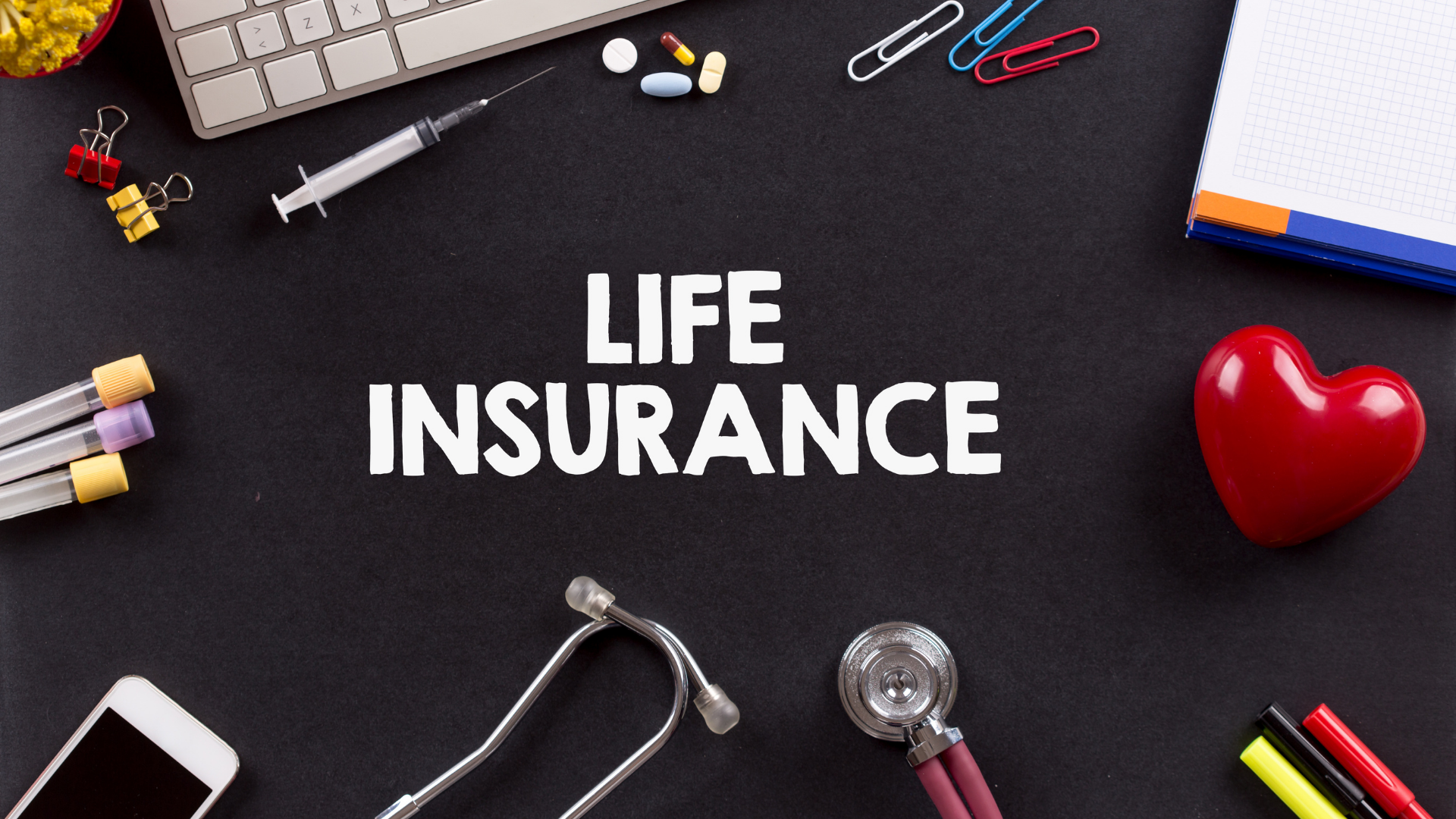10 Reason Why Get Life Insurance When You’re Young
It is our nature as humans to do everything we can to protect ourselves. Protecting our lives is the most valuable thing we have and it makes sense to do everything possible to keep them safe from all kinds of harm. While everyone has their own way of handling things, there is one thing that we all recognize as a necessity in today’s financial stability. Being able to afford a comfortable lifestyle is an essential part of life. It is also important to take care of others. There are many tools that can provide this benefit, but life insurance is the most important.
The idea that life insurance policies should be purchased as soon as possible is widely supported. It is not surprising that young people are questioning the necessity of life insurance. According to the 2018 Insurance Barometer Study conducted by LIMRA, Life Happens, and LIMRA, 84% of Americans accept life insurance. We have compiled a list of 10 reasons why young people should purchase life insurance.
When purchasing a life insurance policy, the only thing you need to be concerned about is how much premium you will pay. The fact is that the policy will be more beneficial if the premium is lower. This simple fact is directly linked to the insurance company‘s mortality statistics. Although the exact time of death cannot be determined, it’s clear that most people die when they reach old age. This means that young people have a greater chance of survival during their policy term. Insurance companies are very concerned about this as they depend on policyholders to pay the full amount. This simple fact can help young people get lower rates and a larger policy.
People sometimes purchase life insurance to increase their savings. Although it may not be the best way to achieve this goal, it can still be used as an additional source of savings. A life insurance policy is a great way to diversify your portfolio if you already have savings sources. You should look into products that specialize in saving life bank deposits and other investment schemes.
We have already discussed how it is our nature to take all steps for our self-preservation. Insurance is the best tool to secure our future. To ensure that you can provide for your family’s future, you need to purchase life insurance. Although life insurance is often considered an additional source of income for your family members, it can also be a great way for you to save a lot of money for yourself when your policy matures. These are just a few of the obvious situations. You can also cash out your policy early if you have a major financial emergency.
Insurance companies see a decline in an individual’s ability to insure as they age. Insurance companies become less likely to offer insurance at low rates for every person they pass through their life stages. Young people have a high level of confidence and every company wants to make you a customer. You may find sales people chasing you down to your home and knocking on your door one after the other. You have a lot of options, so you can negotiate the best premium and maximum benefit.
Here’s another reason to purchase life insurance while you’re still young. Some policies include savings plans. This is one of the many benefits. This means that you can make money from your policy to increase its cash value, if necessary. Your insurance policy may be able to help you create a new savings account if you don’t have one. This will allow you to cover small expenses in an emergency. However, it is important that you don’t use your insurance policy to save the most. It would be costly and not cost-effective. There are other options.
Family members are the most important people in a person’s life, after themselves. You should have your spouse and children as your beneficiaries for your life insurance. Your absence in the future could lead to financial hardships. It is possible to get the best policy for your money by purchasing life insurance early in your life. It’s better to get rid of this burden early in life when you have more financial freedom than later when bills start piling up. You should purchase life insurance early in your life. For the benefit of your family!
Young people are often discouraged from purchasing insurance because their employers offer them life insurance. Keep your eyes on the big picture and consider the long-term. Many people mistakenly consider that this coverage is both sufficient and permanent. You will not only lose your coverage but also you won’t get any benefit even if it is continued. These packages provide the lowest possible coverage in order to save the employer as much money. If you’re a young employee and have company job insurance, you might be wondering why you should buy life insurance while you’re still young.
Your health is a ticking bomb when it comes time to buy life insurance. It may seem that you think you are young and healthy and don’t need life insurance. You could be in danger of getting sick or have other medical issues that require coverage. This situation could lead to your premium going up and insurance companies possibly refusing to cover you. If you don’t have a fixed rate policy, having dependents that need to care for can cause stress.
Many young families don’t have enough savings. This means that it is often difficult for young families to pay off large debts. These could include college fees, mortgage payments for a new home, or other debts they might have accumulated while setting themselves up. A life insurance policy can be very helpful for dependents. It can also help to avoid stress during a difficult time.
This is a great option for younger people as well as for older persons. You can live your life knowing that your family and liabilities will be covered in the event of an unfortunate event. You don’t have the ability to predict what the future will bring. These options are available so you can rest easy at night.
A young, healthy person will naturally ask why they should buy life insurance as a young person. We believe these are enough reasons to make life insurance a priority for everyone. It is important to be prepared for the unexpected.
1. Lowest possible premiums
2. Money-saving
3. Future planning
4. There are many options for insurance
5. Expenses During Emergencies
6. Family protection
7. Proper non-employer coverage
8. It’s better to be safe than sorry
9. Clearing off debts
10. Peace of Mind
Get a FREE online Life Insurance Quote
fast, convenient and easy to use











